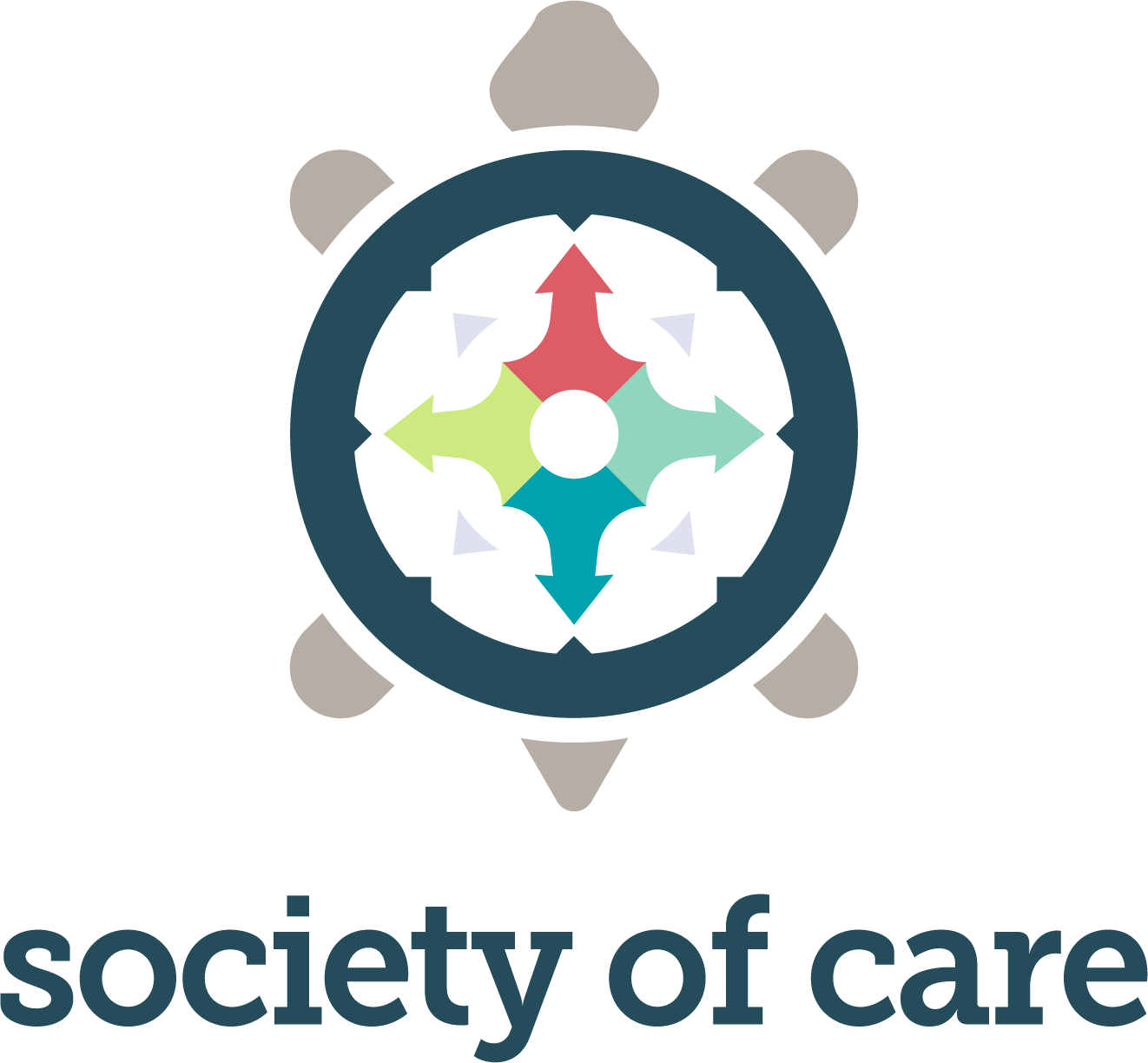Unlock Your Potential: 5 Tips for Setting Realistic New Year’s Resolutions
societyofcare • January 2, 2024
The post Unlock Your Potential: 5 Tips for Setting Realistic New Year’s Resolutions appeared first on .
Join Our Mailing List

Teens learn a great deal about how to handle life’s challenges by watching the adults around them. While parents often focus on teaching coping strategies through conversation, one of the most powerful lessons happens through everyday example. The way adults respond to stress, frustration, and uncertainty can quietly shape how teens approach those same experiences.

Healthy boundaries are an essential part of emotional well-being. They help children understand what feels safe, respectful, and comfortable in their relationships with others. Learning about boundaries early in life builds confidence, strengthens communication skills, and supports healthy connections as children grow.

In a world that often celebrates big milestones and grand gestures, it is easy to overlook the quiet, everyday moments that shape a child’s emotional well-being. While special events and celebrations certainly have value, it is often the small, consistent moments of connection that leave the deepest and most lasting impact.

The beginning of a new year often brings change. Routines shift, expectations reset, and families move from one season into another. While this transition can feel hopeful, it can also bring unspoken emotions for both children and caregivers. Emotional check-ins provide a simple, meaningful way to support mental well-being during this time of adjustment.

When families think about improving well-being at home, it can feel like change has to be big, time consuming, or difficult to matter. In reality, small adjustments often have the greatest impact. Simple, thoughtful changes can support emotional health, strengthen relationships, and create a calmer home environment over time.

Children experience pressure in many forms. It can come from school, activities, friendships, or even from their own internal desire to do things “right.” While adults may not always see this pressure, children feel it deeply. Talking openly about expectations can help children understand their feelings and feel supported rather than overwhelmed.

After a season filled with activity, obligations, and stimulation, many families feel pressure to jump right back into full schedules. Routines and structure are important, but so is recovery. Slowing down after a busy season gives both children and caregivers the opportunity to reset emotionally and mentally.

The start of a new year often brings a sense of pressure. Messages about resolutions, productivity, and self improvement can feel overwhelming, especially for families who are already navigating busy schedules and emotional needs. At Society of Care, we believe growth does not have to feel rushed or rigid. Instead, January can be a meaningful time to set gentle goals together as a family.


